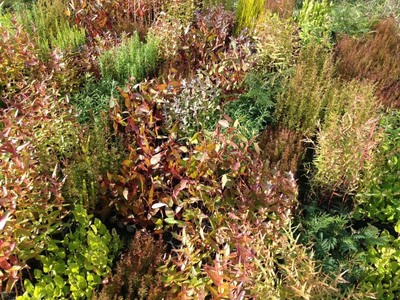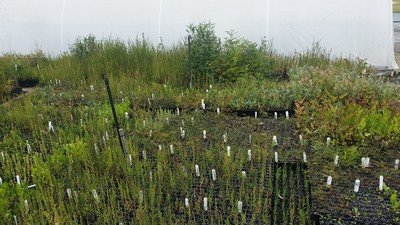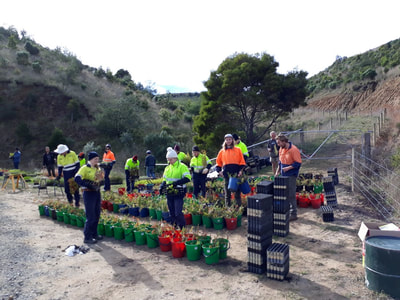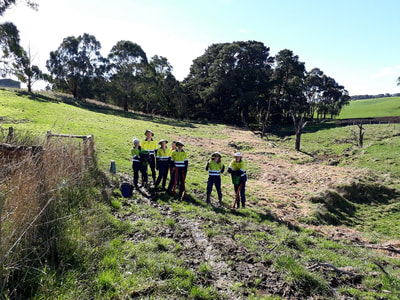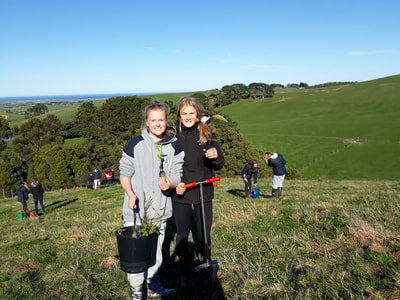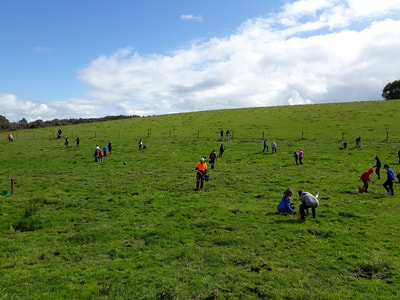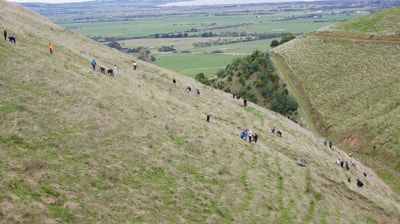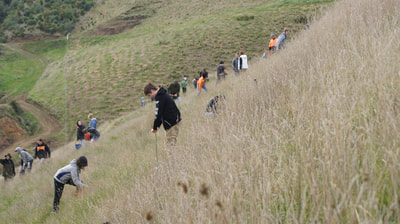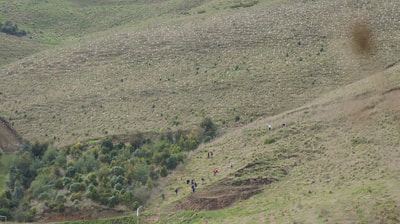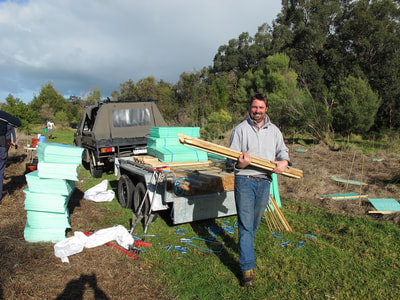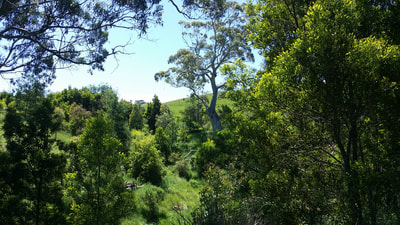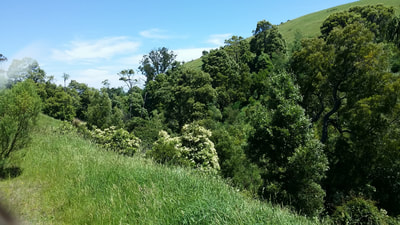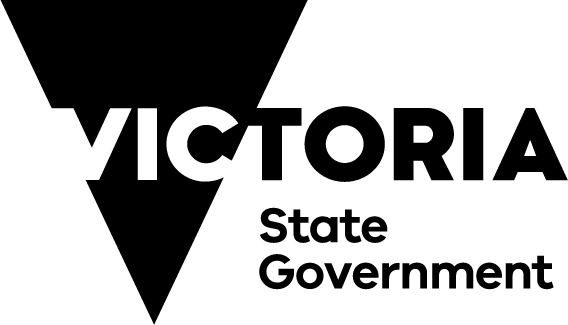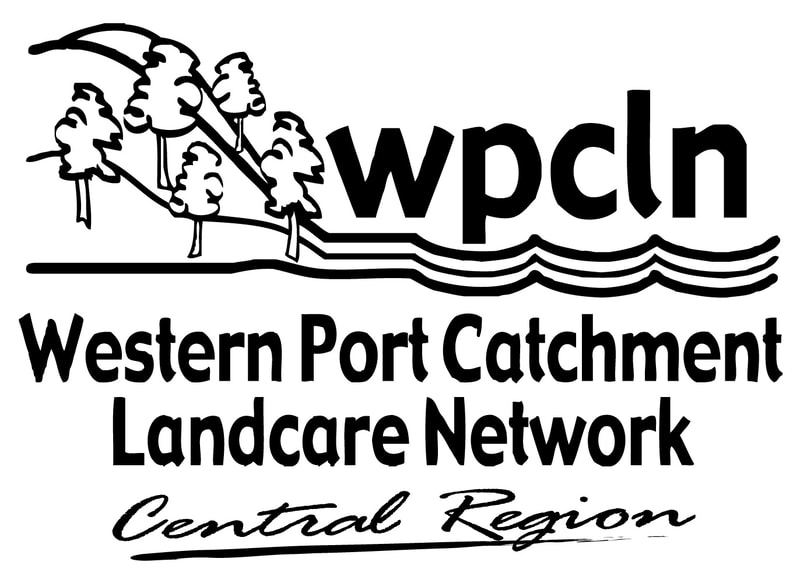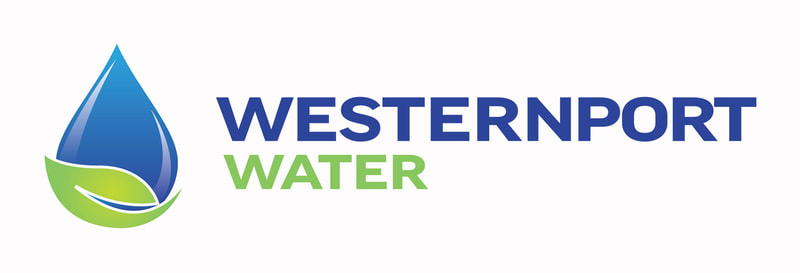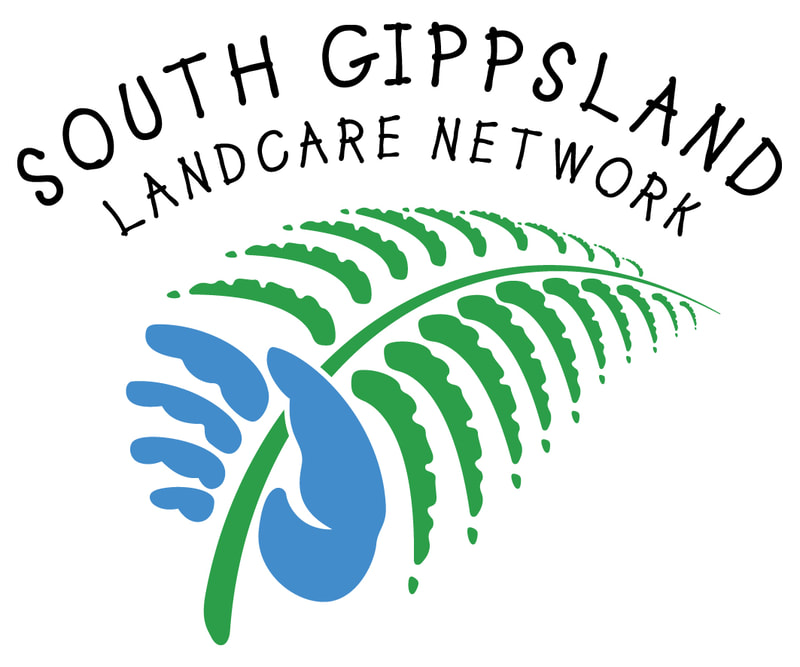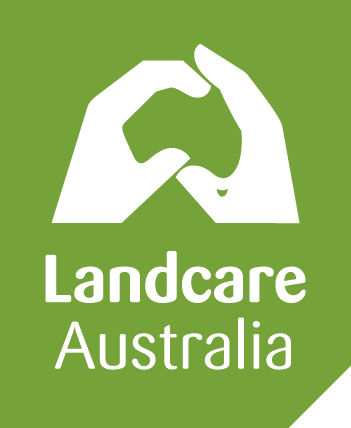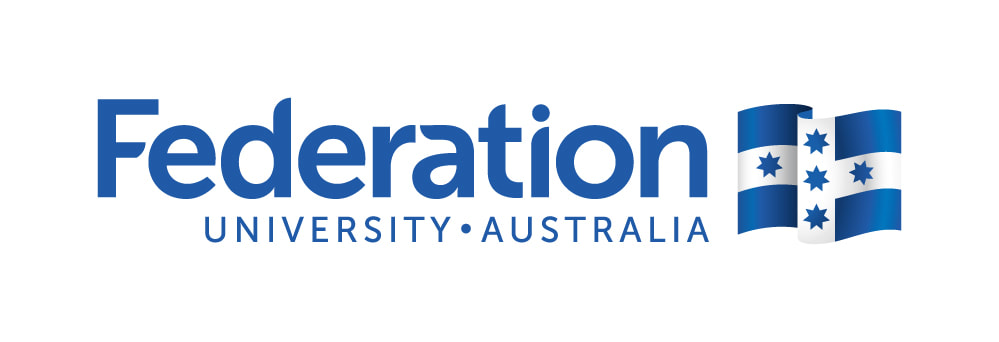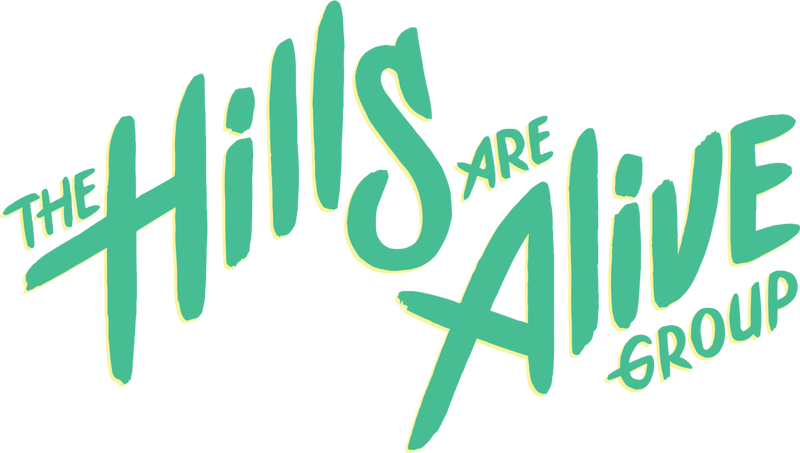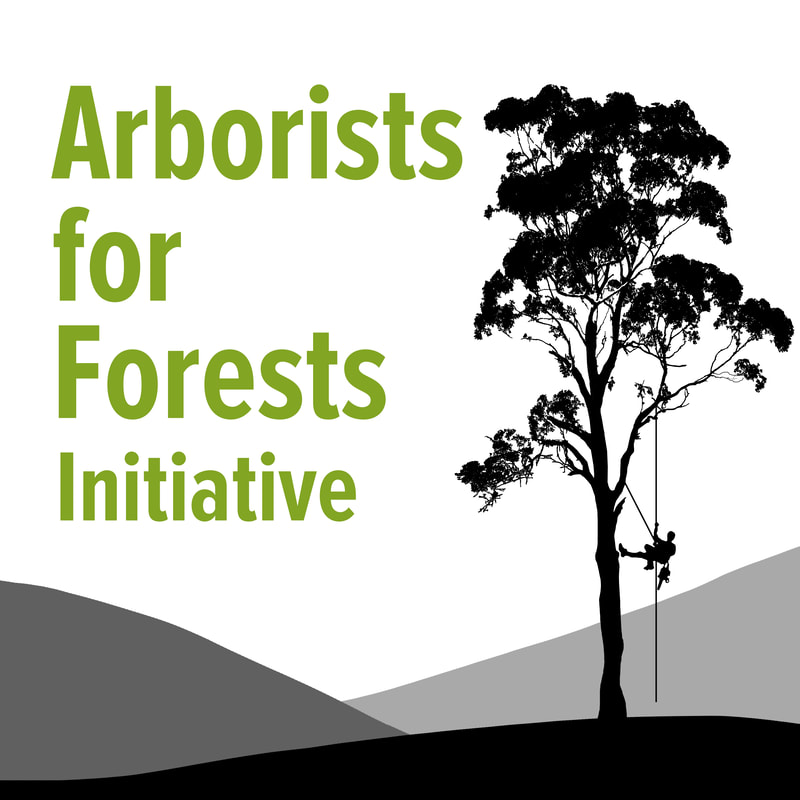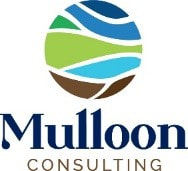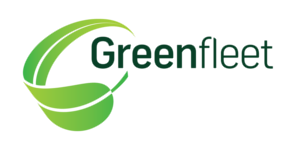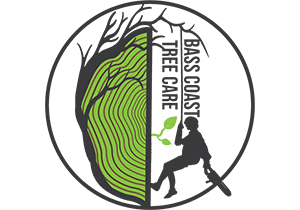The land throughout the Bass Coast has been extensively cleared and the majority of it now supports beef and dairy production with a smattering of horticultural enterprises and small lifestyle plots. The major issue combated by revegetation is halting erosion on steep slopes and stream sides; though land holders also plant shelter belts, wildlife corridors between areas of remnant vegetation and areas of new wildlife habitat.
Of particular interest in this region is the maintaining and creating of habitat for the Gippsland giant earth worm; the world's largest at up to 1.8m long!
As well as reducing soil loss through erosion control, revegetation provides a range of other on and off farm benefits including stock shelter, improved grass cover, reduced wind, green house gas absorbtion and improved regional biodiversity and water quality.
Undertaking a REvegetation Project - The Process
- Landholders wishing to undertake a revegetation project should first check the list of funded activities in the BCLN Grant guidelines document by clicking here.
- If your plans align with items on this list, you can then make an expression of interest to BCLN. Click here to take you to the form outlining the process.
- A project officer will then contact you to organise a site visit to your property where they will discuss your project, map and photograph your proposed project site.
- The project officer then makes a presentation to the local Landcare group who decide whether to approve the project.
- You are then notified of the outcome by the Project Officer and if successful, a Project Management Agreement plan is created and signed by BCLN and the Landholder.
- Once approved a project is eligible for fencing subsidies and free tubestock plants and/or seed for direct seeding matched to the indigenous vegetation type that once covered the land.
- Labor for site preparation, planting and fencing is usually provided by the landholder.
- You may also like to host a Community Planting day for help with planting your plants. Click here for our Landholder guidelines to organising a community planting day. Generally followed by delicious BBQ!

